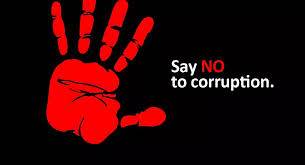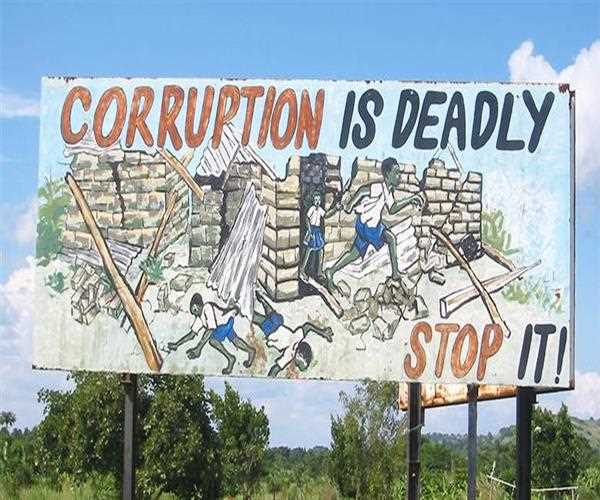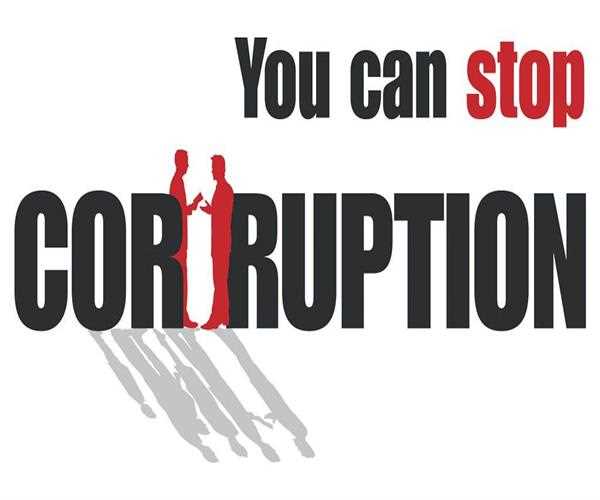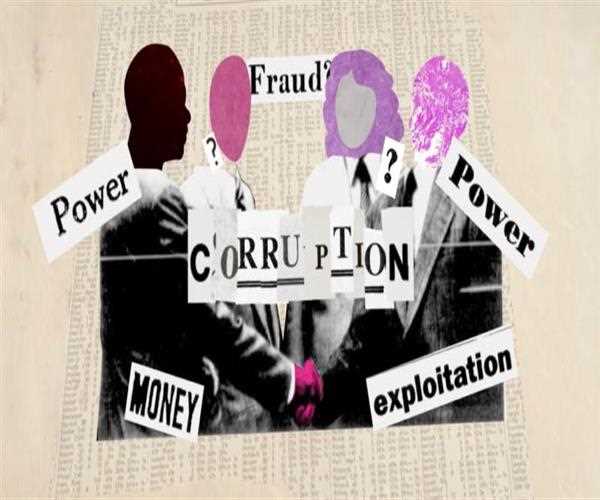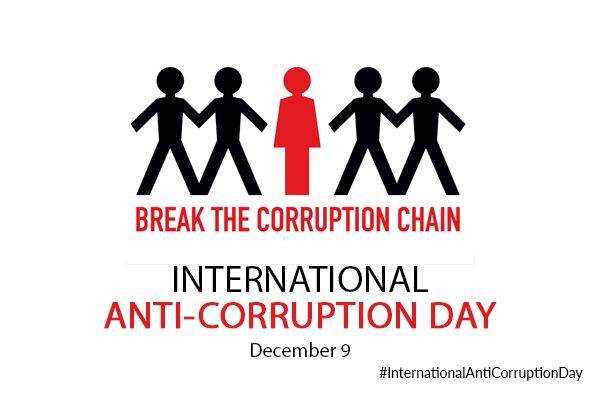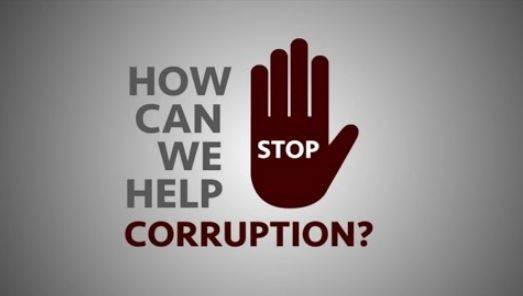Every year, more than $4 trillion is paid in bribes or is stolen by corrupt officials. If that doesn’t affect you, it may affect someone you know.
What is corruption?
Corruption is the abuse of office for personal earnings or profit, and it takes many forms. It’s the political person taking a bribe before awarding a building contract to the briber. It’s the town counselor paying for his family vacation with public funds. It’s the official demanding bribes from citizens in exchange for access to clean water.
Who does it affect?
Corruption affects everyone, especially minority and vulnerable citizens. As the largest obstacle to economic and social development it harms societies in these ways:
- It undermines democracy and human rights by weakening governments.
- It diverts funds from public services such as health care, education, and sanitation.
- It discourages foreign investment, leading to fewer jobs.
Those numbers aren’t the only reason to get mad. Corrupt officials divert funds from public services like health care and education to projects that will line their pockets. Corruption also harms societies by undermining human rights. It may harm people even their freedom and sometimes their lives too.
So how can you fight corruption? By making sure the laws in your country are enforced, says former U.N. youth observer Jackson Dougan.
Many countries have anti-corruption laws, but, as Dougan explains, they may not have the resources to monitor and enforce those laws. That’s where you can help.
You can make a difference
Powerful people are often those taking bribes or making shady deals, which discourages honest citizens with few resources. But thanks to new technologies, you don’t need a lot of money or power to fight corruption. For example, a few started an anti-corruption website in India, where people can report instances once they are asked for bribes.
Clarity International offers these ideas in its anti-corruption kit:
- Organize a committee to count and keep track of public supplies, like school textbooks.
- Coordinate a sporting event that the community can participate in to boost awareness of corruption.
- Create a petition and take it to the decision-makers.
Thanks to new technologies, you don’t need tons of cash or power to bring corruption to light. You can use social media and online platforms, such as I Paid a Bribe, to crowdsource reports of corruption in real-time, even anonymously.
Web and smartphone applications such as Open the Books in the United States can assist you keep tabs on government spending, including what proportion officials are being paid. These kinds of data can be used to hold corrupt officials accountable and push through reforms.
Transparency International offers other simple ideas for creating a difference in your community.
December 9 is International Anti-Corruption Day. Say “No” to corruption and learn more about what you can do to uphold transparency.
This post is adapted from Stopping corruption might seem impossible. But there are simple ways to fight it and rub corruption from the palm of your hand.
